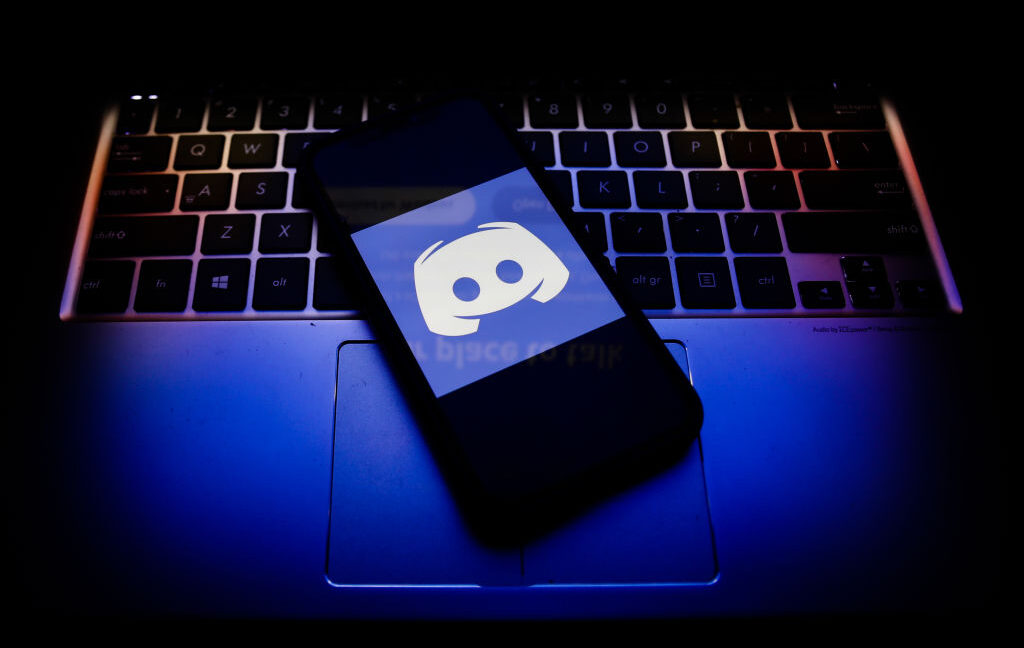Report: Terrorists seem to be paying X to generate propaganda with Grok
Back in February, Elon Musk skewered the Treasury Department for lacking “basic controls” to stop payments to terrorist organizations, boasting at the Oval Office that “any company” has those controls.
Fast-forward three months, and now Musk’s social media platform X is suspected of taking payments from sanctioned terrorists and providing premium features that make it easier to raise funds and spread propaganda—including through X’s chatbot, Grok. Groups seemingly benefiting from X include Houthi rebels, Hezbollah, and Hamas, as well as groups from Syria, Kuwait, and Iran. Some accounts have amassed hundreds of thousands of followers, paying to boost their reach while X apparently looks the other way.
In a report released Thursday, the Tech Transparency Project (TTP) flagged popular accounts likely linked to US-sanctioned terrorists. Some of the accounts bear “ID verified” badges, suggesting that X may be going against its own policies that ban sanctioned terrorists from benefiting from its platform.
Even more troubling, “several made use of revenue-generating features offered by X, including a button for tips,” the TTP reported.
On X, Premium subscribers pay $8 monthly or $84 annually, and Premium+ subscribers pay $40 monthly or $395 annually. Verified organizations pay X between $200 and $1,000 monthly, or up to $10,000 annually for access to Premium+. These subscriptions come with perks, allowing suspected terrorist accounts to share longer text and video posts, offer subscribers paid content, create communities, accept gifts, and amplify their propaganda.
Disturbingly, the TTP found that X’s chatbot, Grok, also appears to be helping to whitewash accounts linked to sanctioned terrorists.
In its report, the TTP noted that an account with the handle “hasmokaled”—which apparently belongs to “a key Hezbollah money exchanger,” Hassan Moukalled—at one point had a blue checkmark with 60,000 followers. While the Treasury Department has sanctioned Moukalled for propping up efforts “to continue to exploit and exacerbate Lebanon’s economic crisis,” clicking the Grok AI profile summary button seems to rely on Moukalled’s own posts and his followers’ impressions of his posts and therefore generated praise.
Report: Terrorists seem to be paying X to generate propaganda with Grok Read More »






